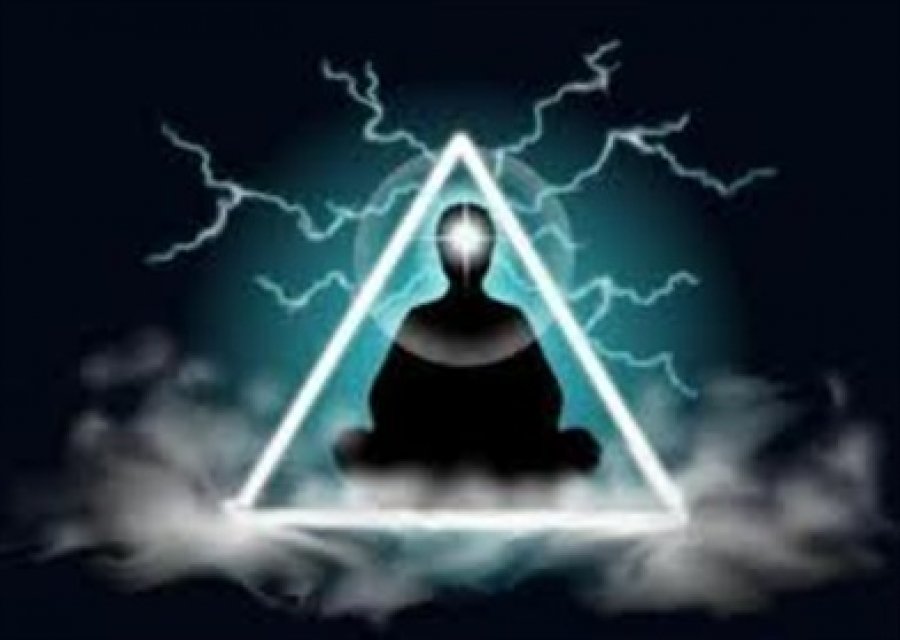A Brief Understanding of Clairvoyance

A Brief Understanding of Clairvoyance
The word “clairvoyance” is derived from the French word for “clear” (clair) and the French word for “vision” (voyance).
Clairvoyance, allegedly, is the ability to get certain information from a person, an object, a place or even a physical occurrence through nothing other than extrasensory perception. A “clairvoyant” is a person who has this ability. It literally means a person who “sees clearly”.
Naturally, there is no scientific evidence of the existence of the clairvoyant or at least clairvoyance in itself. As such, clairvoyance is not supported scientifically in any way.
There has been exploration of this phenomenon via parapsychology. Still, the scientific community does not acknowledge the existence of anything paranormal as it cannot be proven. The study of things such as clairvoyance (and parapsychology as a whole) is what is referred to as pseudoscience.
One does not simply acquire this ability, it is often said. People with the ability claim to have had it since birth. Sometimes the ability is dormant for some time before later coming to light—they say.
Clairvoyance can be taken to mean a person’s paranormal ability to see events and other people that are not in the near vicinity—things that are at a distance whether in space or in time. There are three classes to which clairvoyance is usually divided:
Precognition
This is the ability to see or predict events that are yet to take place.
Retrocognition
This is the ability to see events that happened in the past.
Remote Viewing
This is the ability to see contemporary events; events that are happening somewhere remote.
Clairvoyance, according to scientific research, is generally described as something that happens as a result of confirmation bias, as fraud, as expectancy bias, as self-delusion, as hallucination, as sensory leakage, as wishful thinking, as subjective validation, or as failure to understand the rate of chance happenings. It is not, as far as science goes, a supernatural ability.
Many people argue that clairvoyance could not exist because if it did, it would not be a mystery. It would not be a secret, they say. They argue that it would be very clear that it does exist. According to these people, persons who believe in various paranormal phenomena only do so for their own psychological reasons and not for scientific or logical ones.
The term “clairvoyance” is a general term used to describe a number of other kinds of paranormal physical experiences. These more specific terms are listed below:
1. Clairsentience (feeling)
Clairsentience refers to a type of extra-sensory perception where the sense of touch is predominant. Clairsentience involves a person acquiring psychic knowledge by using this sense of touch.
2. Clairaudience (hearing)
This involves a person acquiring psychic knowledge by means of hearing or listening. People with this ability can hear things that others cannot.
3. Clairalience (smelling)
This is also referred to as clairescence. It is the ability of a person to acquire psychic knowledge using his/her sense of smell.
4. Claircognizance (knowing)
This is a type of extra-sensory perception that involves a person’s ability to know things without the need to use any physical senses. There is no physical explanation as to how this person acquires the psychic information.
5. Clairgustance (tasting)
In parapsychology, clairgustance is an extra-sensory perception that involves a person who can taste something without having to use his/her physical sense of taste. Those with this ability, it is often said, can detect a substance’s essence from another (ethereal) realm.
6. Clairenunciate (communicate)
This is a person’s ability to speak in metaphors very fluently.
